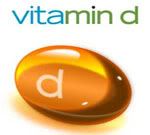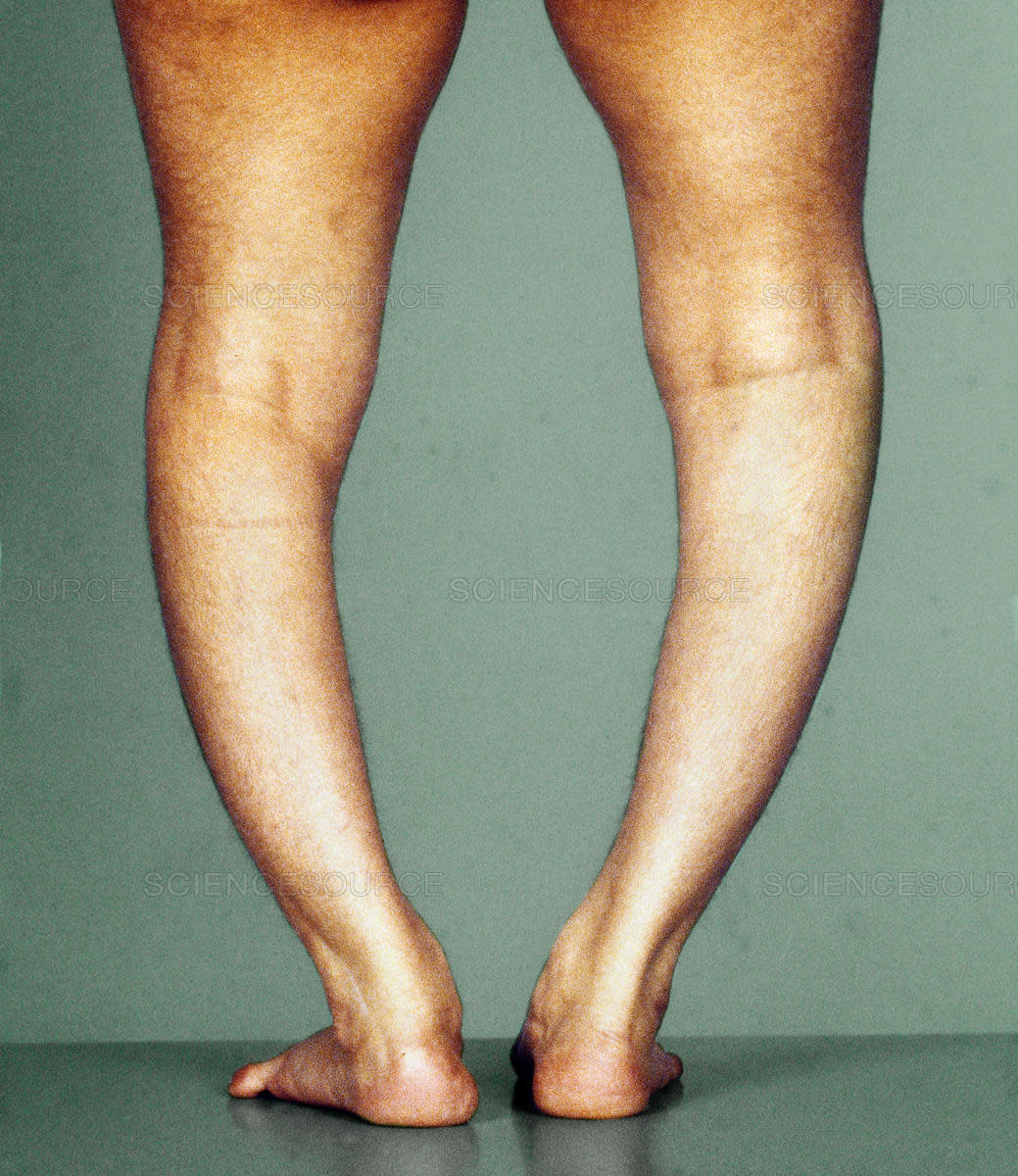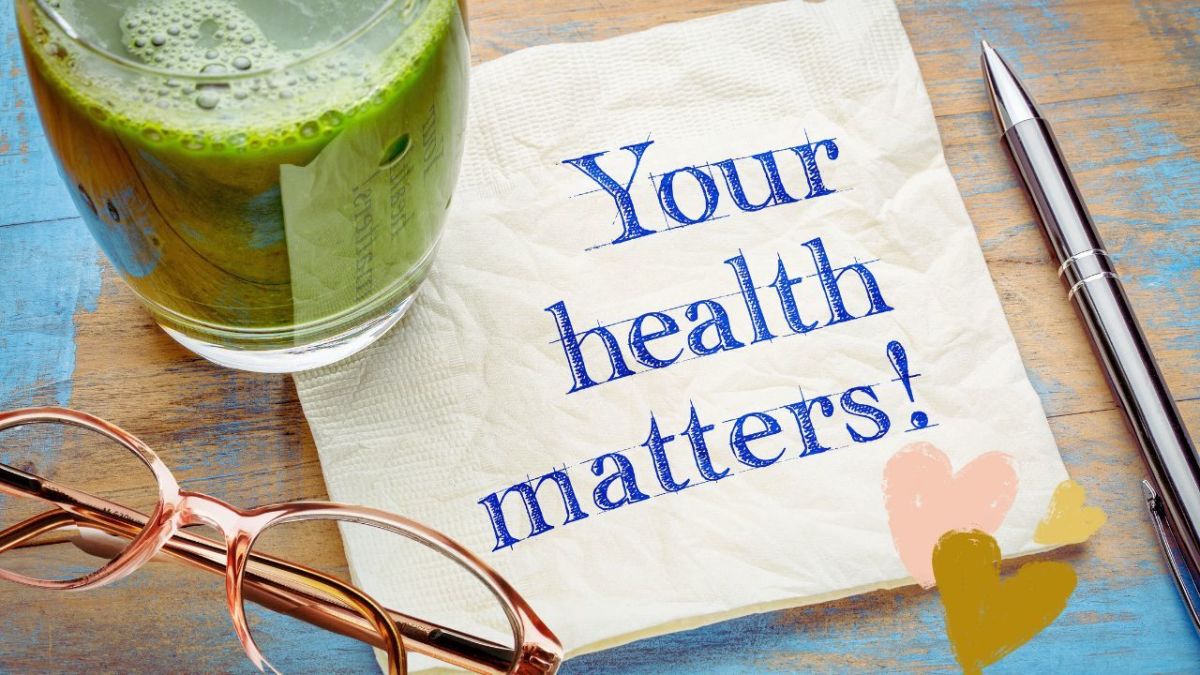You Need More Vitamin D Than Sunshine

How can I have vitamin D deficiency when I’m outside soaking up beautiful sun rays? Easy, I protect my skin with sunscreen; therefore I get little or no vitamin D. The vitamin D that I receive from food isn’t enough. Oh, there are other factors out of my control such as age.
Vitamin D is found in fatty fish like herring, mackerel, sardines and tuna. I do eat fish, but those sound like cat food to me. According to studies, 80 to 90% of what the body gets in the form of vitamin D is from sunlight, if it gets by the sunscreen.
A Boston University study reported in Diabetes Care, said vitamin D as a nutrient is difficult to absorb from food. As a result 82% of Americans are deficient, but “taking 2,000 IU daily of vitamin D-3 (the most absorbable form) can correct a deficiency in as little as 12 weeks, helping to prevent a host of diabetes-related problems, including blood vessel thickening, nerve damage and pain.”

Vitamin D is not a regular vitamin, it is a steroid hormone. Dr. Michael Holick is one of the leading researchers in vitamin D. Recent technology has made it easier to measure vitamin D and studies from several agencies are reporting similar results. The Centers for Disease Control and Prevention reports 32% of children and adults in the United States are deficient. The National Health and Nutrition Examination Survey found 50% of children between one and five years and 70% of older children were deficient in vitamin D. Dr. Holick estimates that 50% of Americans are insufficient or deficient in Vitamin D.
Dr. Sarfraz Zaidi, author of Reverse Your Type 2 Diabetes Scientifically, says “correcting a vitamin D deficiency is one of the fastest, most effective and easiest ways to cut your risk of diabetes 36% or more. Vitamin D helps your pancreas produce insulin, plus it helps your muscle cells burn blood sugar for fuel.”
You could be vitamin D deficient and not be aware of it. A blood test is the only way to verify and register your level. A few indication to look for include (1) dark skin; your skin acts as a sunscreen. You would need ten times more sun exposure. Your age (2), if you’re over 50 you have fewer skin receptors that convert the D. Your kidneys don’t convert the D into a useful form. If you’re overweight (3) the vitamin has a harder time to circulate. Vitamin D is taken from the blood by fat cells then released into circulation. The higher your muscle mass, the longer and harder it is to circulate. If your bones ache and your feel fatigued (4) you may need more D. Some patients are misdiagnosed with fibromyalgia or chronic fatigue syndrome, according to Dr.Michael Holick. “Many of these symptoms are classic signs of vitamin D deficiency osteomalacia, which is different from the vitamin D deficiency that causes osteoporosis in adult. What’s happening is that the vitamin D deficiency causes a defect in putting calcium into the collagen matrix into your skeleton. As a result, you have throbbing, aching bones pain.” Certain stomach conditions (5) are inflamed by lack of vitamin D. The vitamin is fat soluble, this means if you have any kind of stomach problem you most likely will have low levels of vitamin D.

Why is it important to get enough vitamin D? It is needed to maintain strong bones. It helps the body regulate calcium and phosphorus. It is used in the prevention and treatment of rickets and other bone diseases. Vitamin D is used in prevention and treating of type 1 and 2 diabetes, hypertension, multiple sclerosis, common cold and fighting depression.
What can you do to get more vitamin D? Get more sun light. Dr. Stephen Honig, director of the Osteoporosis Center at the Hospital for Joint Disease, in New York City says “If you’re going to get it (vitamin D) from the sun, about 20 to 25 minutes of exposure is helpful.”
Eat more fatty fish such as salmon, trout, mackerel, tuna and eel. Canned fish like tuna and sardines are also beneficial. Many foods come fortified with vitamin D. This included milk, orange juice and cereal. Or you can take the easy way and take a supplement. To receive the most benefit take your supplement with a meal. The fat helps the body absorb the nutrients better.
Check with your doctor before adding a supplement. There are several over-the-counter and prescription drugs that affect the absorption. Some antacids, steroids, blood pressure and cholesterol drugs may be contraindicated.
Here’s to wishing you more sunshine days.








